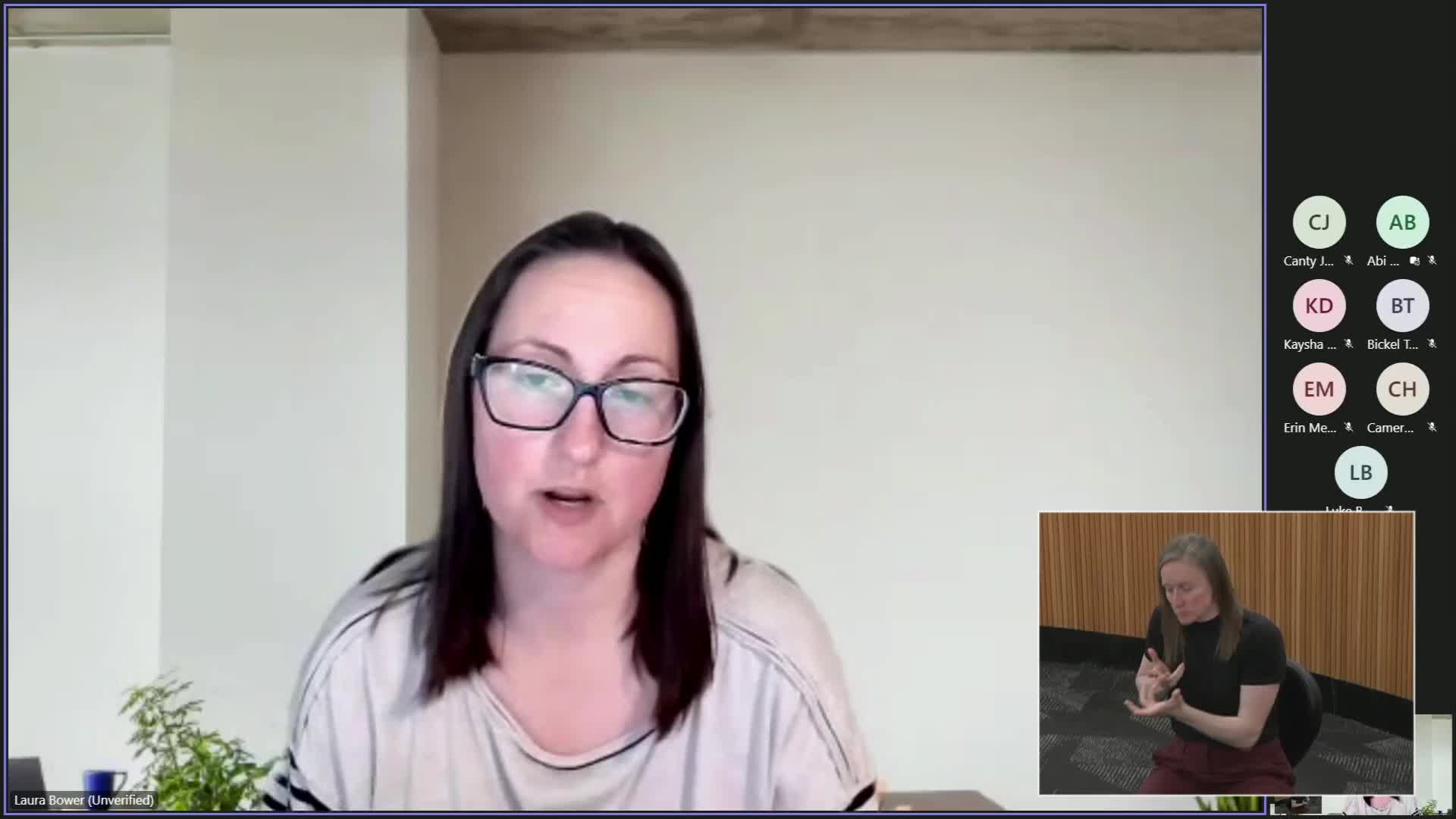Oregon advocates push for flexibility in Individual Development Accounts funding
April 15, 2025 | Early Childhood and Human Services, House of Representatives, Committees, Legislative, Oregon
Thanks to Scribe from Workplace AI , all articles about Oregon are free for you to enjoy throughout 2025!

This article was created by AI using a video recording of the meeting. It summarizes the key points discussed, but for full details and context, please refer to the video of the full meeting. Link to Full Meeting
The IDA program, which has been operational for over 25 years, provides participants with matching funds to support their savings goals, including down payments for homes and educational expenses. Currently, participants must wait a full year to access the maximum matching funds, which can hinder their ability to purchase homes when market conditions are favorable. Advocates argued that removing this annual restriction would allow savers to utilize their funds more flexibly, aligning with their personal timelines and financial situations.
Laura, a representative from the IDA program, emphasized that the existing limitations could force savers to choose between waiting to maximize their funds or purchasing a home when the opportunity arises. This dilemma is particularly pressing given the current economic climate, characterized by fluctuating interest rates and rising home prices. The proposed legislative change, Senate Bill 465, seeks to eliminate the annual cap on matching funds, thereby providing participants with greater financial autonomy.
Abby Brambila, an IDA saver and small business owner, shared her personal success story, illustrating the transformative impact of the program. She noted that the IDA not only provided financial support but also instilled hope and essential financial literacy skills. Brambila urged the committee to strengthen the program to ensure that others can benefit similarly.
Cameron Harrington, representing the Oregon Housing Alliance, echoed these sentiments, stressing that the flexibility of the IDA program is crucial for participants to achieve their self-defined goals, whether that be homeownership, education, or starting a business. He pointed out that the proposed changes would not incur additional costs to the state, as they merely adjust the timeline for accessing already allocated funds.
The committee's discussions also touched on the need to address the program's funding source, which has remained unchanged since 2009. As the IDA program continues to evolve to meet the needs of Oregonians, advocates are calling for legislative support to ensure its sustainability and effectiveness in fostering financial independence among low-income households.
In conclusion, the meeting underscored the importance of the IDA program in promoting economic stability for vulnerable populations in Oregon. As the committee considers Senate Bill 465, the potential for increased flexibility in accessing funds could significantly enhance the program's impact, allowing more Oregonians to achieve their financial goals and improve their quality of life.
Converted from House Committee On Early Childhood and Human Services 04/15/2025 8:00 AM meeting on April 15, 2025
Link to Full Meeting
Comments
View full meeting
This article is based on a recent meeting—watch the full video and explore the complete transcript for deeper insights into the discussion.
View full meeting
